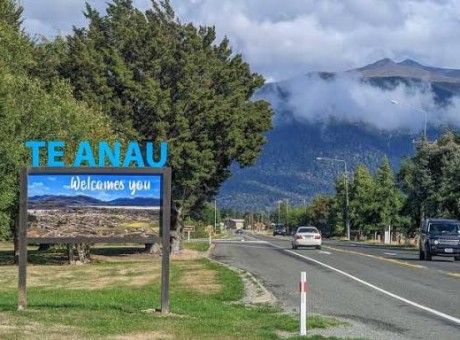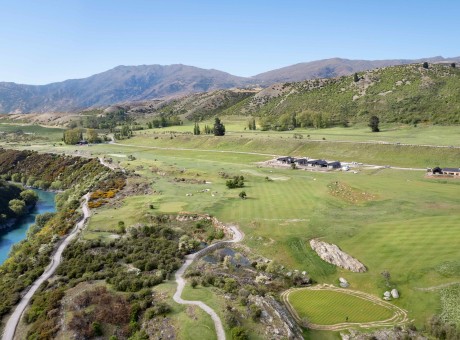Shake up for hospo scene with new goverment promises

The newly formed coalition government is expected to bring fresh changes to the hospitality scene and for migrant workers, which Queenstown industry leaders are supporting.
Part of the Government's first 100-day promise is that the fair pay agreement be removed, and there are also pre-election promises of changes to the accredited employer scheme, repealing the median wage requirement for migrants and reintroducing 90-day employment trials.
There’s also a new ministerial portfolio created for hospitality, held by South Island minister Matt Doocey, who’s also the minister for mental health, tourism and youth.
It’s exciting news for Darelle Jenkins, the senior regional manager for Hospitality New Zealand, who says she did a “happy dance” at news of a minister for hospitality.
She says the organisation has been asking for this for several years.
“It’s really great this has finally been listened to…now we've got someone who has our best interests at heart, our sectors interests at heart.
While she's hesitant to go into too many details, Ms Jenkins says Hospitality New Zealand is “quite excited” about moves to repeal the fair payment agreements and improve the accredited employer work visa by removing median wage requirements.
“They have talked about wanting to bring 90-day trials back for larger employers - Not in their first 100 days, but that is something they spoke about pre-election.”
However Unite Union Otago-Southland organiser Simon Edmunds is not as thrilled by the changes and says they’re disappointed the fair pay agreements are not going ahead.
“I think it’s really ironic that the new government has been saying for ages what a tragedy it is that we’re losing many workers to Australia.
“But the very thing that is attracting our workers to Australia is their ‘award system’, which means they essentially get much better wages and conditions."
But for the union organiser, he says this means that they will return to an “old fashioned, industrial framework” when bargaining for workers’ rights and wages, going site-by-site instead of having sector-wide agreements.
“The workers that are the most vulnerable, and this is where Queenstown is particularly affected, are those workers in sectors or in sites where there are very low rates of unionisation, or, for example, very high rates of migrant workers.”
He says he is not supportive of the removal of the median wage for migrant workers employed through the AEWV and believes it is likely to result in falling wages and conditions in Queenstown.
“We're likely to see more migrant workers in Queenstown in very dire straits.
“I'm representing workers who have been on $25 an hour in Queenstown on a migrant visa on the accredited employer visa.
“Now, those people are struggling…they're also unable to meet the threshold for long-term stay here, so they're unable to bring across their loved ones, their families, because they're not actually paid enough for Immigration New Zealand to put them onto that track.”
He says for migrant workers “there are all sorts of reasons why they feel extremely reluctant to rock the boat”.
But it's not all doom and gloom for the union representative.
“I don't think that the vast majority of employers in Queenstown are bad, but there are certainly a minority that are prepared to exploit workers.
“It doesn't mean that we're giving up in any way, pursuing things like greater pay for night work and weekend work, or, you know, decent rates that actually allow people to have a living wage."
He recommends to Queenstown workers to join a union after these changes.

























